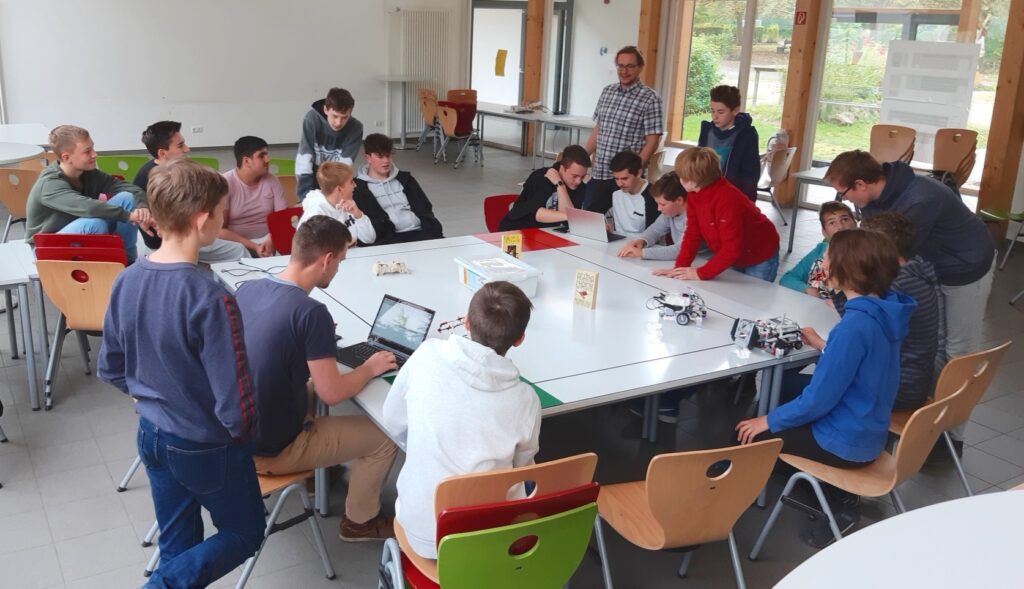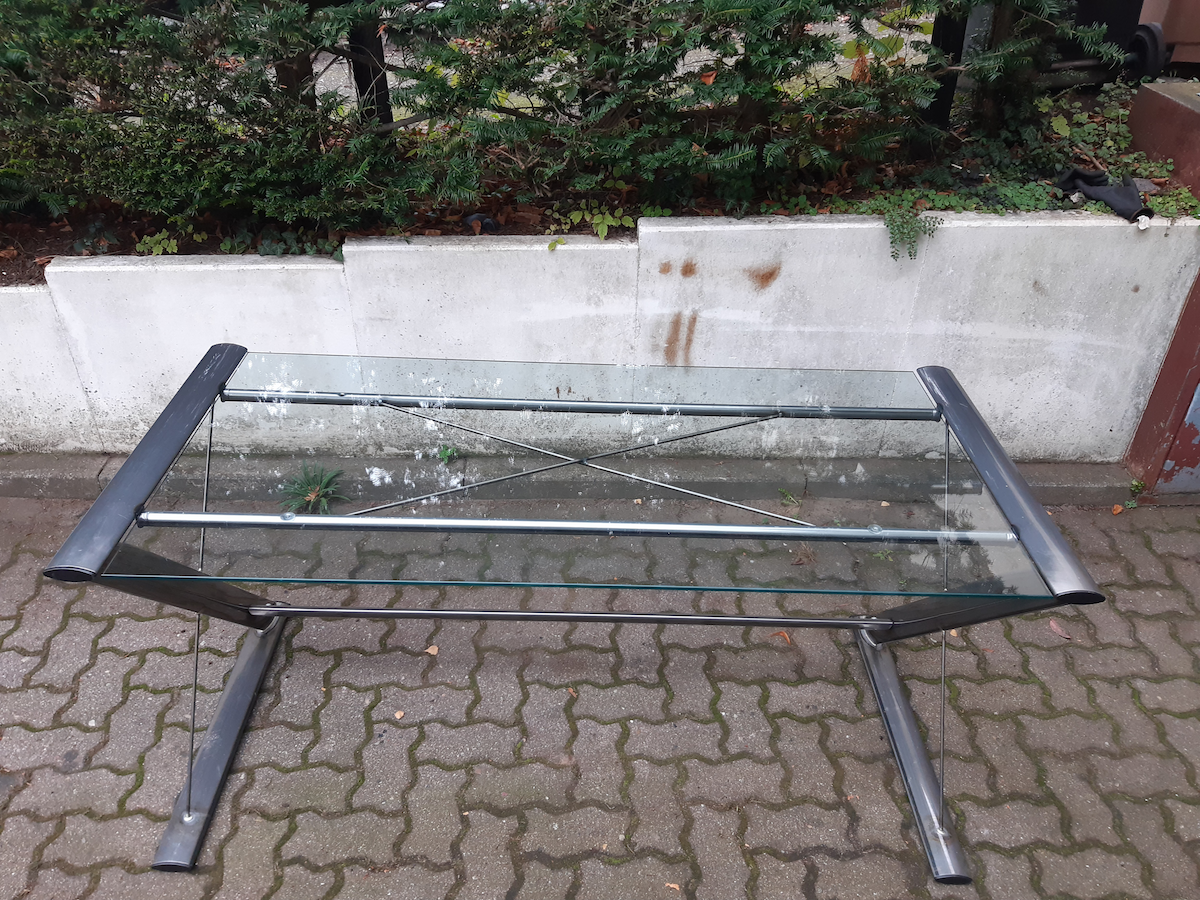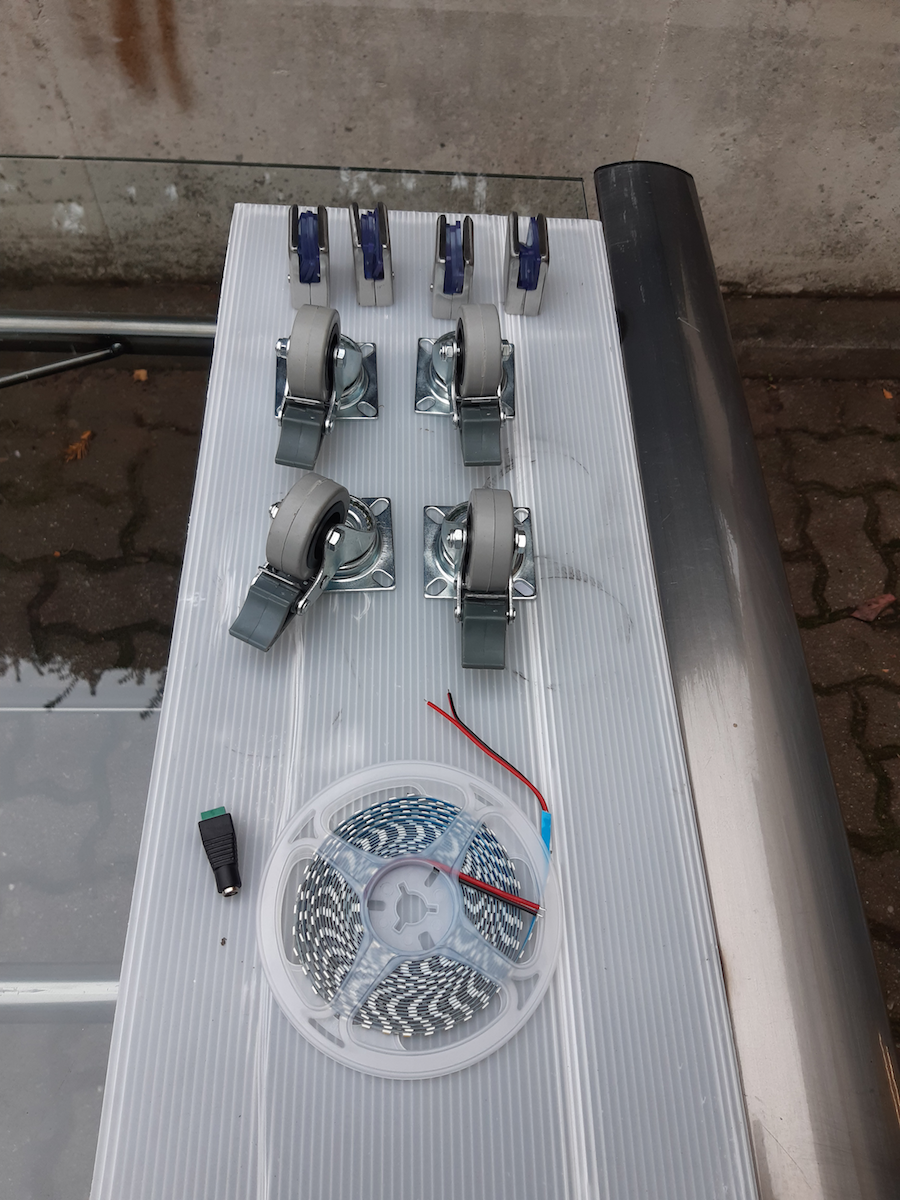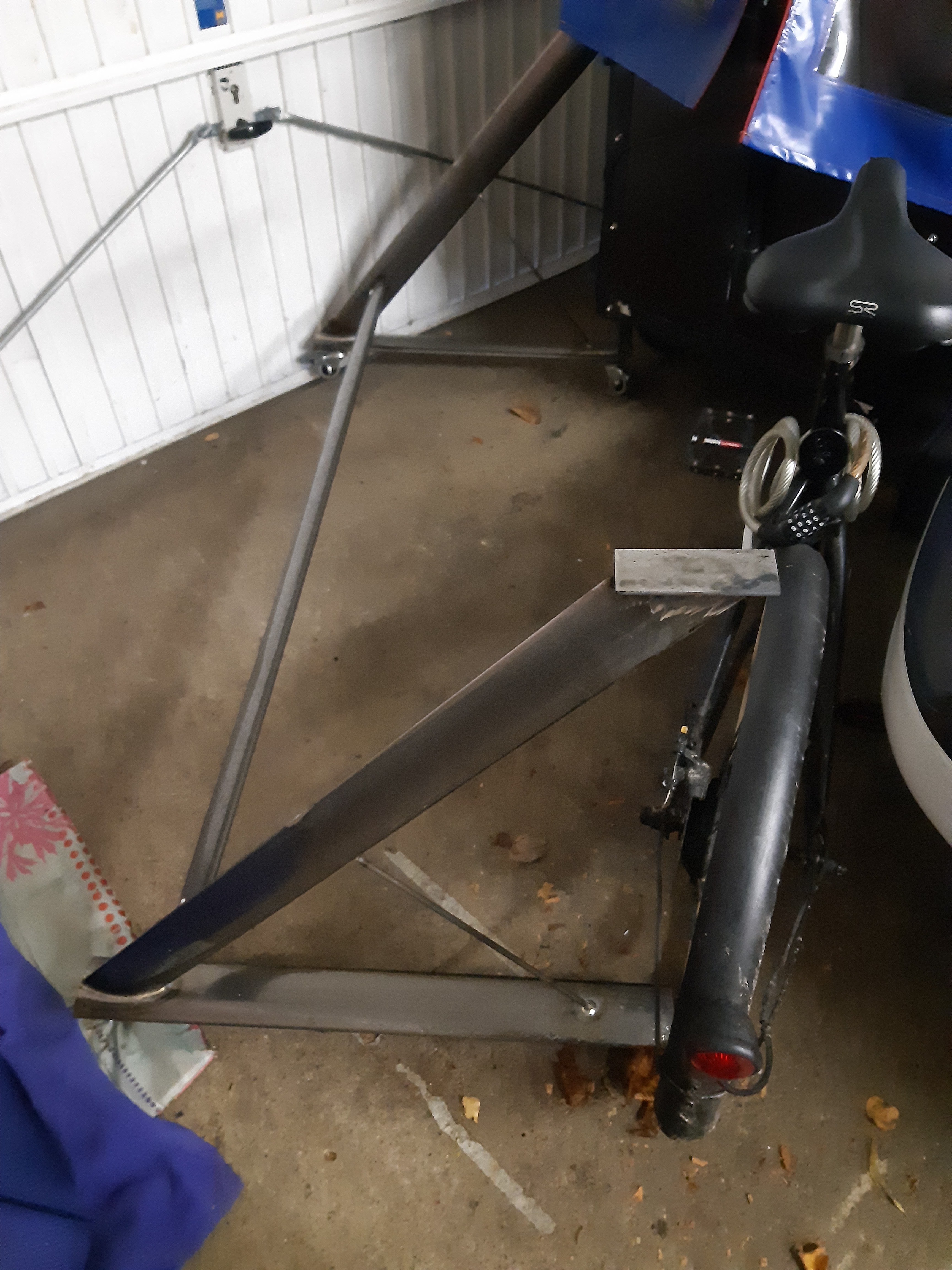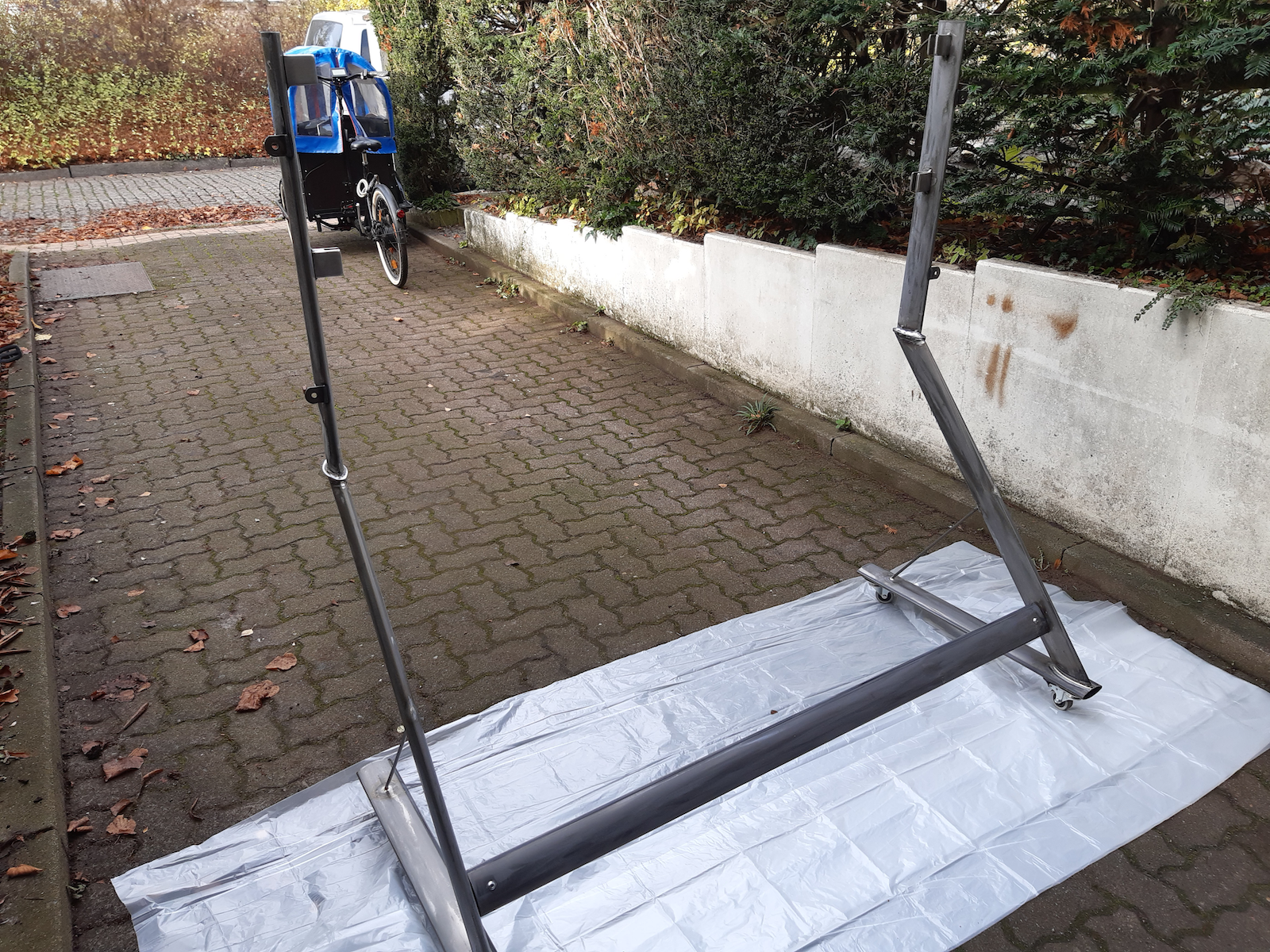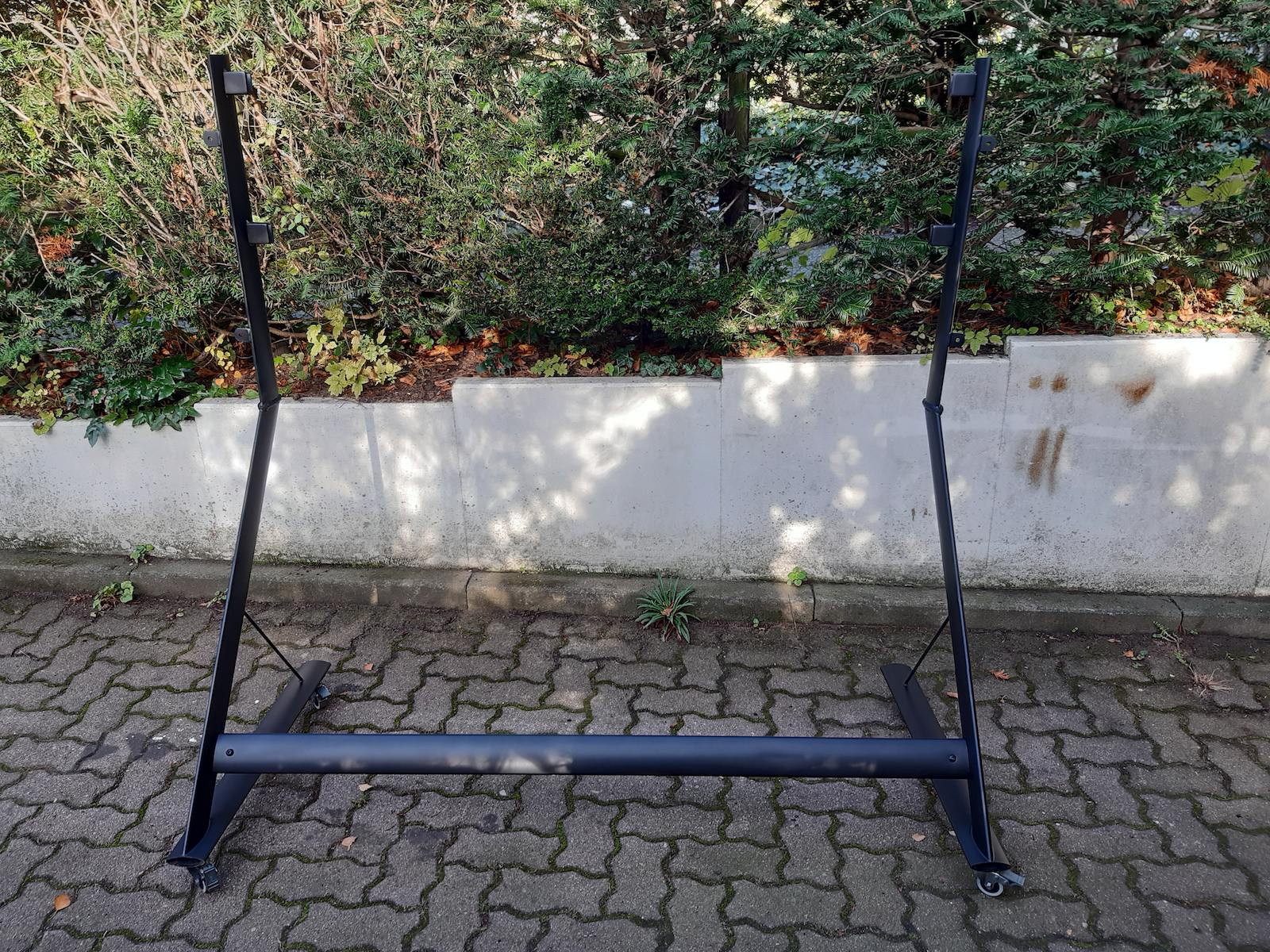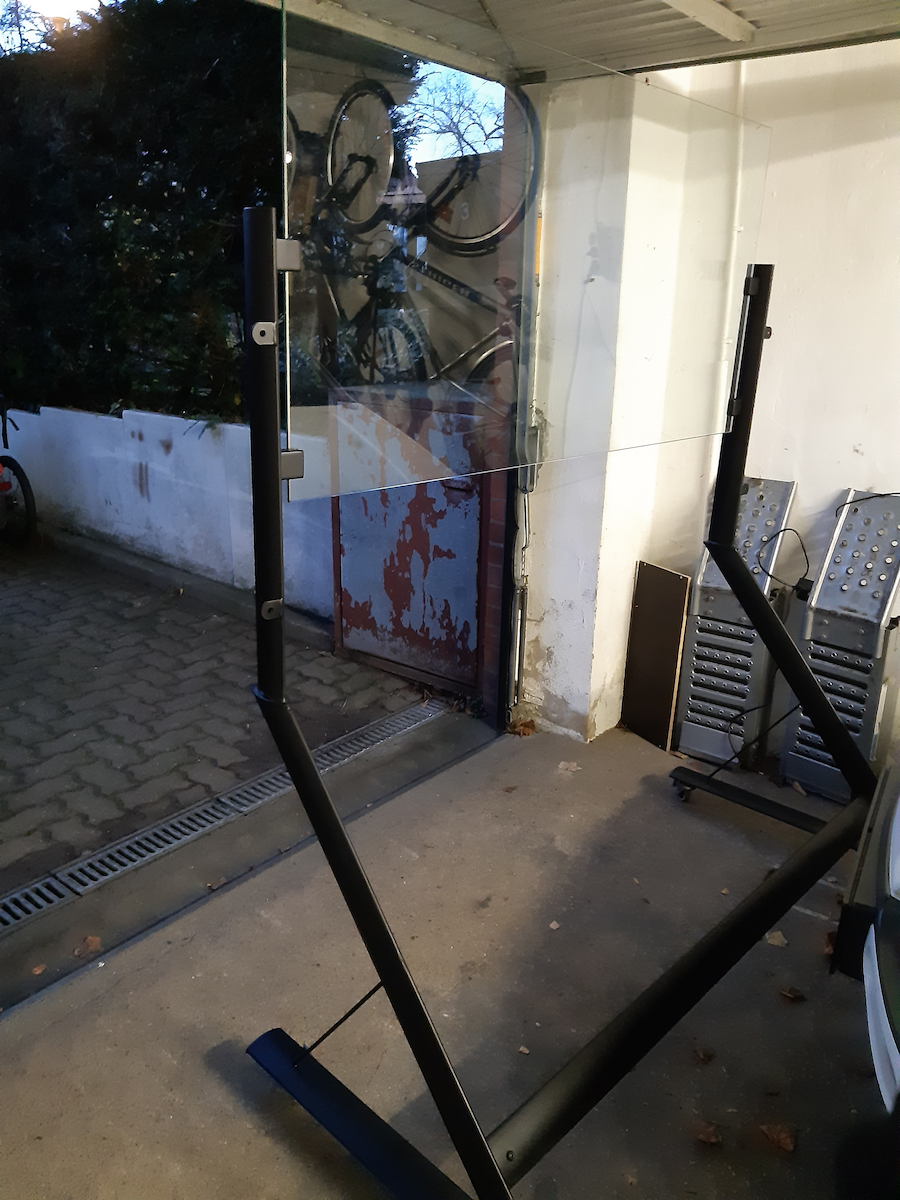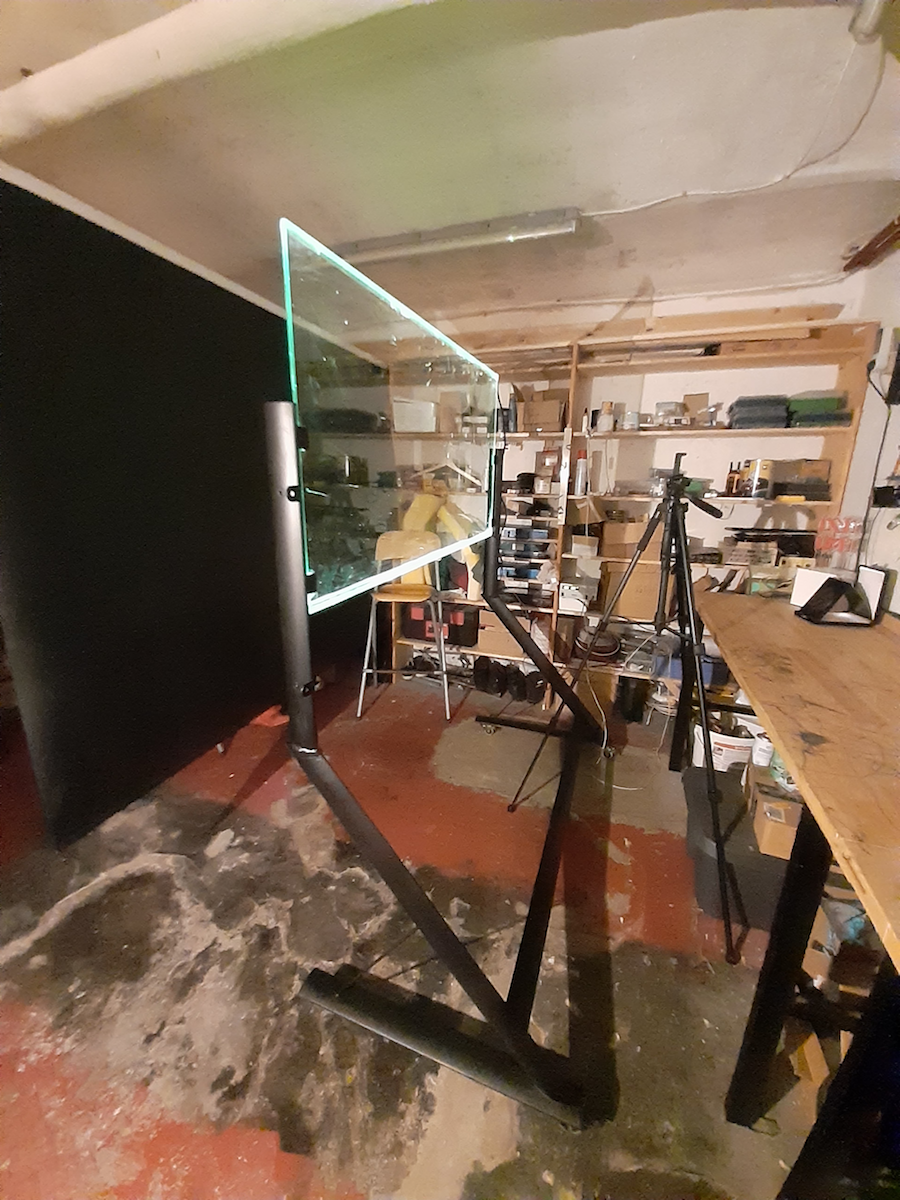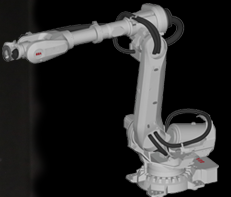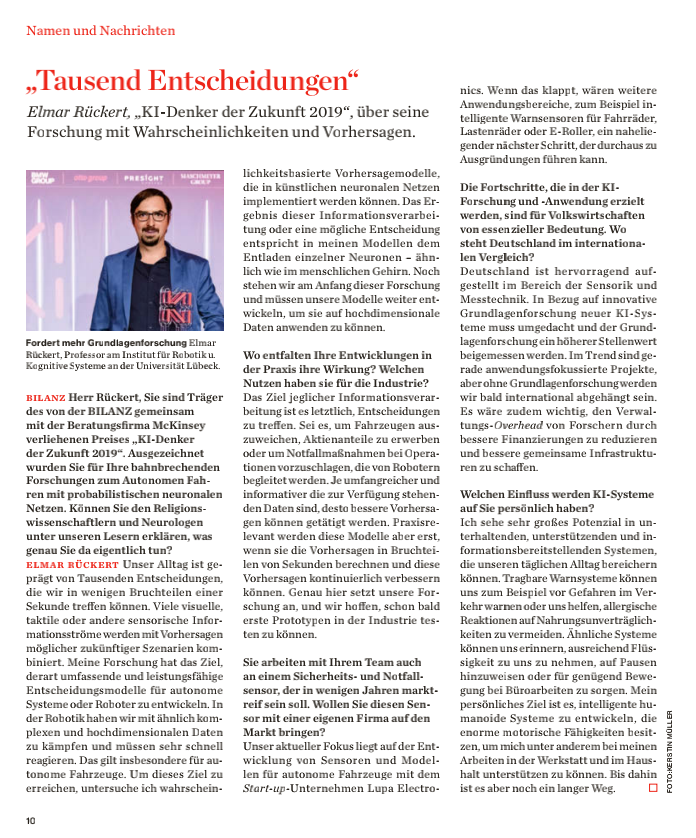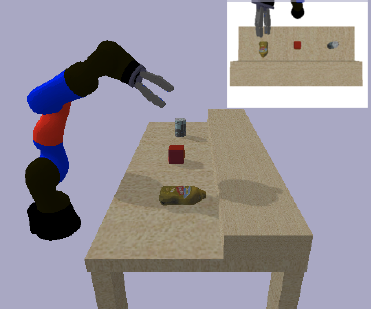One vacant position for a full-time senior scientist (m/f/d) at the Chair of Cyber-Physical-Systems, in the Department Product Engineering – Start at the earliest possible date in an employment contract limited to three years with the option of extension in a permanent employment relationship. Salary Group B1 according to the Uni-KV, monthly minimum salary excl. Szlg.: € 4.351,90 for 40 hours per week
(14 x).
Job Description
The research topics of the group are autonomous systems, machine and deep learning, embedded smart sensing systems, and computational models. The Senior Scientist will work on one of these topics (or combinations thereof), with a focus developed collaboratively based on the candidate’s prior experience. The researcher will additionally be involved in teaching (e.g., student mentoring), project management, and grant applications
What we offer
We offer a research position in fascinating fields with the opportunity to develop your own ideas and implement them independently. In addition, the researcher is part of a young and newly formed team, learns and assumes leadership responsibility with coaching sessions, and receives targeted career counseling for a successful scientific career.
Requirements
Degree in computer science, computer engineering, physics, telematics, electrical engineering, mechanics, robotics, or equivalent related to machine learning or robotics with PhD. Experience in at least one of the topics related to machine learning, image processing, neural networks, robot learning or learning sensor systems, demonstrated by publications in international conferences (e.g., RSS, ICRA, IROS or ICML, IJCAI, AAAI, NIPS, AISTATS) and journals (e.g., AURO, TRo, IJRR or JMLR, MLJ, Neural Computation). Ability to work in a team, sociability, self-motivation, interest in group leadership, very good English skills and reliability are expected.
Desired additional qualifications
Experience in soliciting external funding or industry collaboration experience is a plus.
Application & Materials
An application includes a detailed curriculum vitae with a list of all publications.
Application deadline: 07.06.2023
Online Application via: Email (cps@unileoben.ac.at) and via the Job portal of the university (2305WPB).
The Montanuniversitaet Leoben intends to increase the number of women on its faculty and therefore specifically invites applications by women. Among equally qualified applicants women will receive preferential consideration. Scientific experience demonstrated through publications in international conferences and journals on machine learning, neural networks, robotics, or embedded systems. Good team-leading skills and the ambition to supervise doctoral students. Experience in obtaining external funding and in collaborating with industrial partners is advantageous but not a requirement. Excellent English skills and willingness to travel for research and to give technical presentations are required.
